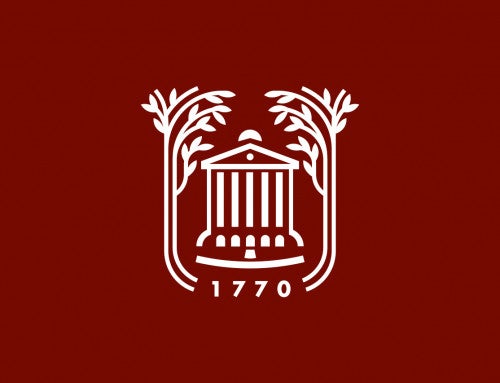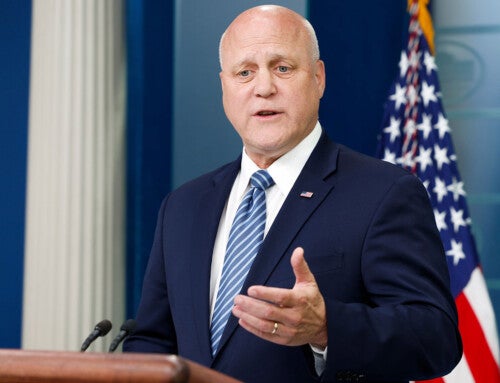The College of Charleston will host Democratic presidential candidate Julián Castro, former U.S. Secretary of Housing and Urban Development, for a town hall conversation with South Carolina state Sen. Marlon Kimpson on Friday, Aug. 30, 2019. Castro will meet with faculty, staff, students and the community as part of the College of Charleston’s “Bully Pulpit Series.”
The event will take place at the College’s Rita Liddy Hollings Science Center Auditorium, room 101, located at 58 Coming St. from 5 p.m. to 6:30 p.m. Doors open at 4:30 p.m. This event is free to attend and open to the public. Handicapped-accessible seating is available. RSVP here. RSVP is for headcount only. This is not a ticketed event.
While pursuing his undergraduate degree at Stanford University, Castro interned at the White House under President Bill Clinton’s administration. After graduating from Harvard University with his law degree, he became an attorney at the law firm Akin, Gump, Strauss, Hauer & Feld. In 2001, Castro was elected councilman representing District 7 on the San Antonio City Council, and was the youngest councilman ever elected in the city’s history. In 2009, he was elected mayor of San Antonio and won re-election in 2011 and 2013. In 2014, Castro became the U.S. Secretary of Housing and Urban Development and served in that role until 2017.
The mission of the Bully Pulpit Series is to encourage and facilitate political participation throughout the College of Charleston community by providing a platform for dialogue with our nation’s leaders. At its core, the series engages today’s youth by meeting students where they are – in the classroom, outside their residence halls and through their social networks – to create curious, informed and engaged individuals who are ready and able to engender political and social change.
As an effort of the College of Charleston Department of Communication and Department of Political Science, the Bully Pulpit Series gives young voters the opportunity to become involved in the political process as well as the issues that affect their communities. Originally created in 2008 to highlight the communication powers of the political pulpit, the mission of the series has expanded as a result of increased student and community interest and engagement.




